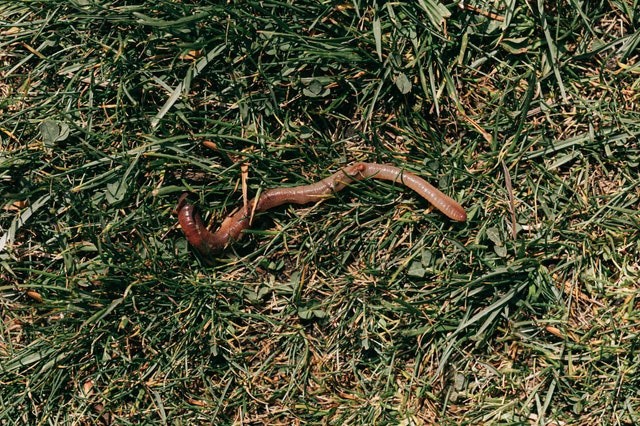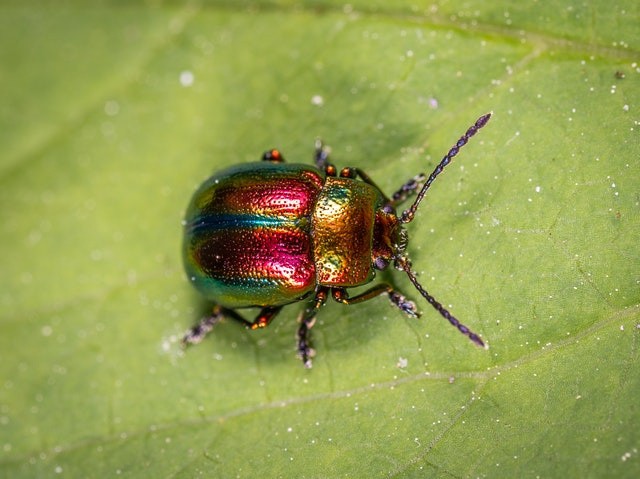According to the initial comprehensive review of the problem, pesticides are the cause of global damage to the tiny creatures that make the soils healthy and underpin all terrestrial life. The researchers discovered the measured effect of farm chemicals on beetles, springtails, earthworms, and other organisms were immensely negative. Other experts said the discoveries were alarming, given the usefulness of these "unacknowledged heroes".

Environmental Effect of Pesticides
The analysis gave a warning that soil organisms are hardly considered when evaluating the environmental effect of pesticides. The US, for instance, tests chemicals only on honey bees, which may certainly not come into contact with soil, a strategy described as "crazy."
A UN report released in December discovered that the future of soils looks bleak without immediate action to put a stop to degradation, given that the formation of new soil takes thousands of years. Soils are thought to possess almost a quarter of all the biodiversity of the planet.
The Unacknowledged Heroes
Nathan Donley, an author of the new review at the Center for Biological Diversity in the US, said: "The degree of damage we're seeing is much more than I thought it would be. Soils are very crucial. But how pesticides can cause harm to the soil invertebrates gets a lot lower range than mammals, pollinators, and birds - it's eminently imporatant that changes."
He said springtails and beetles have great impacts on the absorbancy of soil and are actually getting hammered, and earthworms are certainly getting hit also, a lot of people don't have the knowledge that numerous amount of bees nest in the soil, so that's the main pathway of exposure for them.
Prof Dave Goulson, at the University of Sussex, UK, who was not part of the study team, said: "The discoveries of unfavorable effects on soil organisms from the vast majority of pesticides that was tested is disturbing, given the vital usefulness of these 'unacknowledged heroes' in making the soil healthy."

Tested Parameters
The analysis, released in the journal Frontiers in Environmental Science, systematically made a review of almost 400 studies of the effects of pesticides on no particular invertebrates that live at least some part of their lives in the soil. It covered 275 species and 284 pesticides, but chemicals currently prohibited in the US are not included.
The studies provided over 2,800 "tested parameters," where a particular pesticide had been tested on a particular organism for a specific characteristic, like reproduction, abundance, behavior, mortality, and morphological and biochemical and changes. The scientists discovered 71% of the tested parameters disclosed negative effects from exposure of pesticides, while 28% disclosed no remarkable effects and 1% disclosed positive effects.
For instance, 84% of the tested parameters in earthworms were affected negatively by the most regular classes of insecticides. Some fungicides and herbicides also initiated harm to the earthworms.
Related Articles : Earthworms Shrink-wrap Themselves to Survive Long Periods of Drought
For more news, update about soil organisms and similar topisc don't forget to follow Nature World News!
© 2025 NatureWorldNews.com All rights reserved. Do not reproduce without permission.





